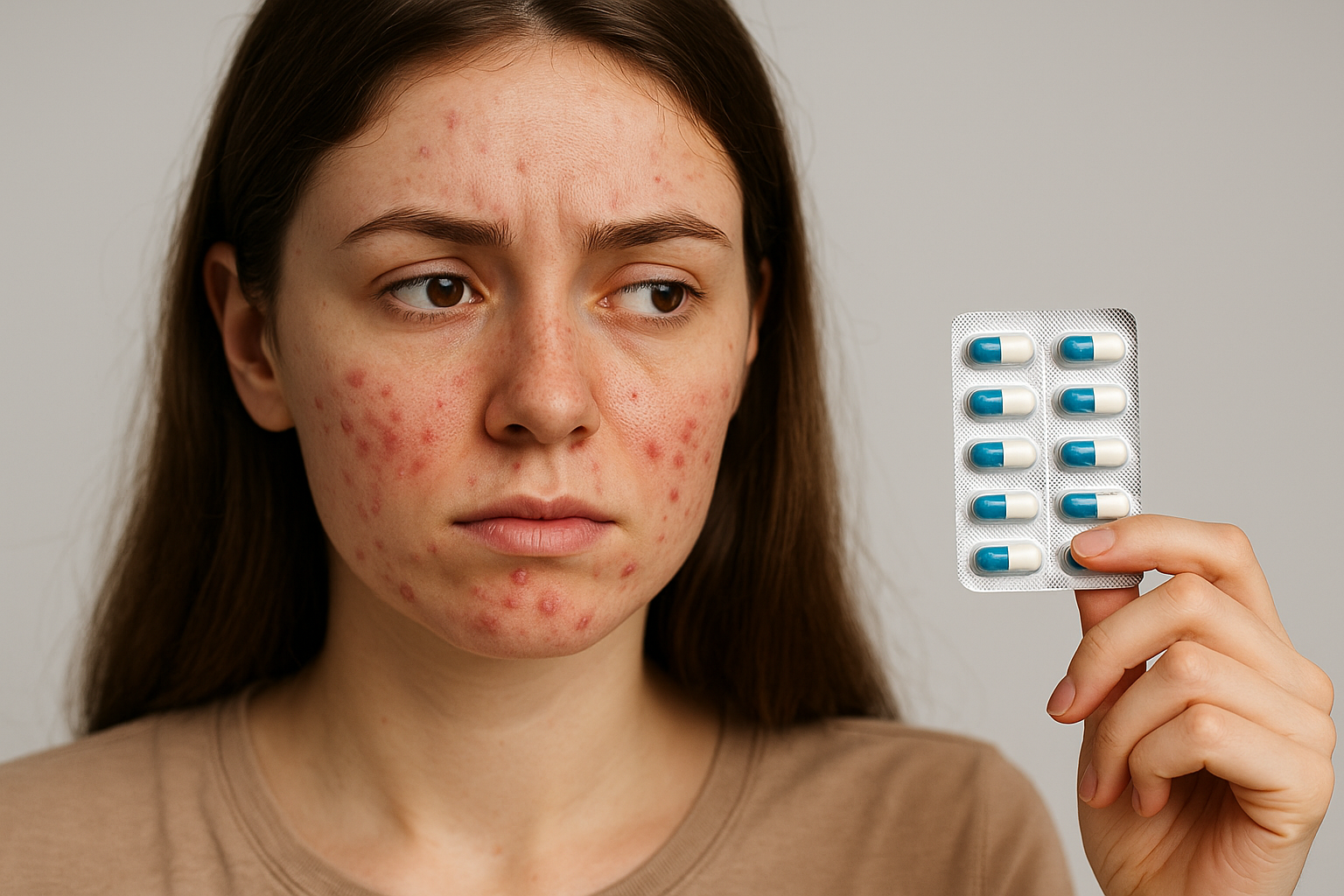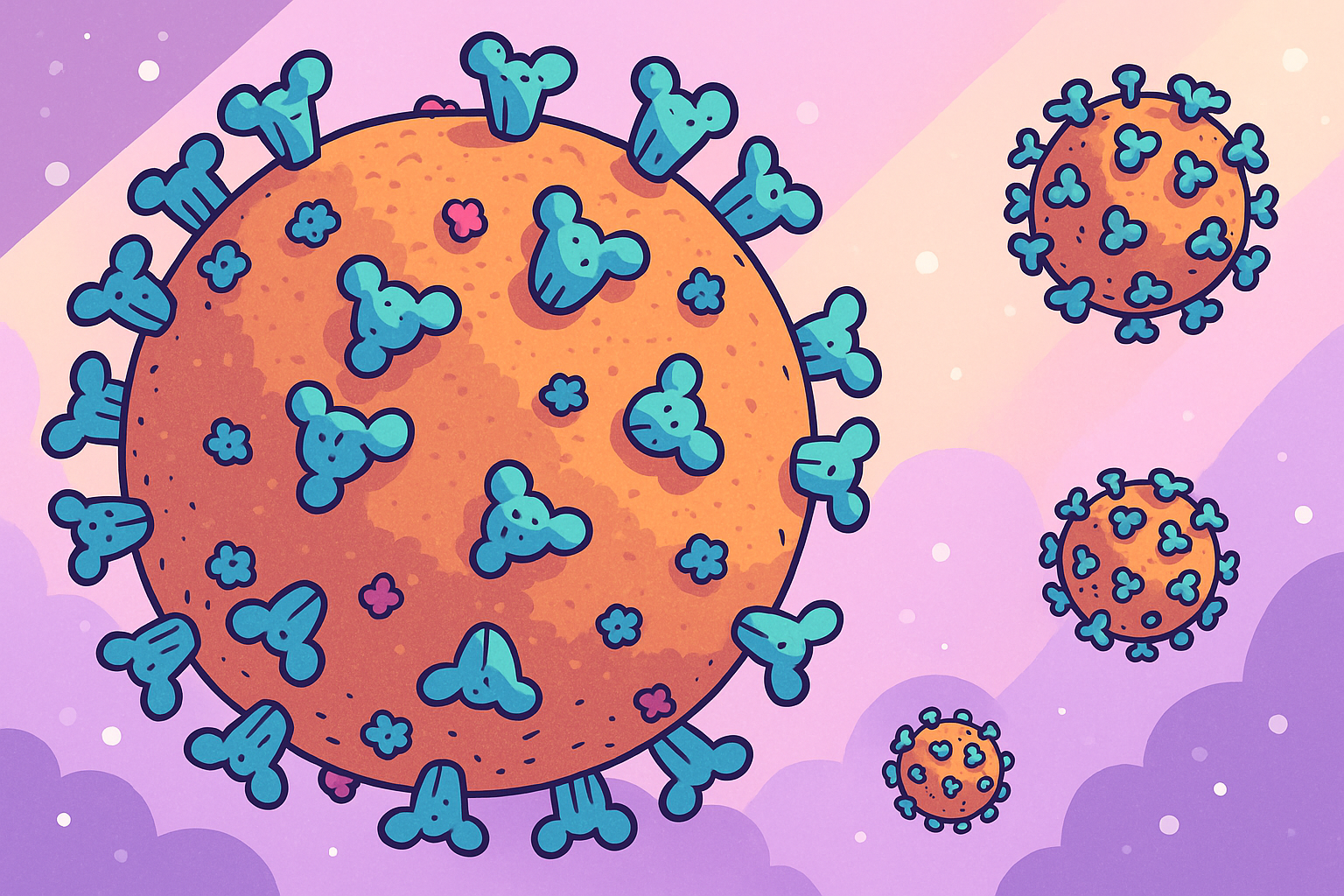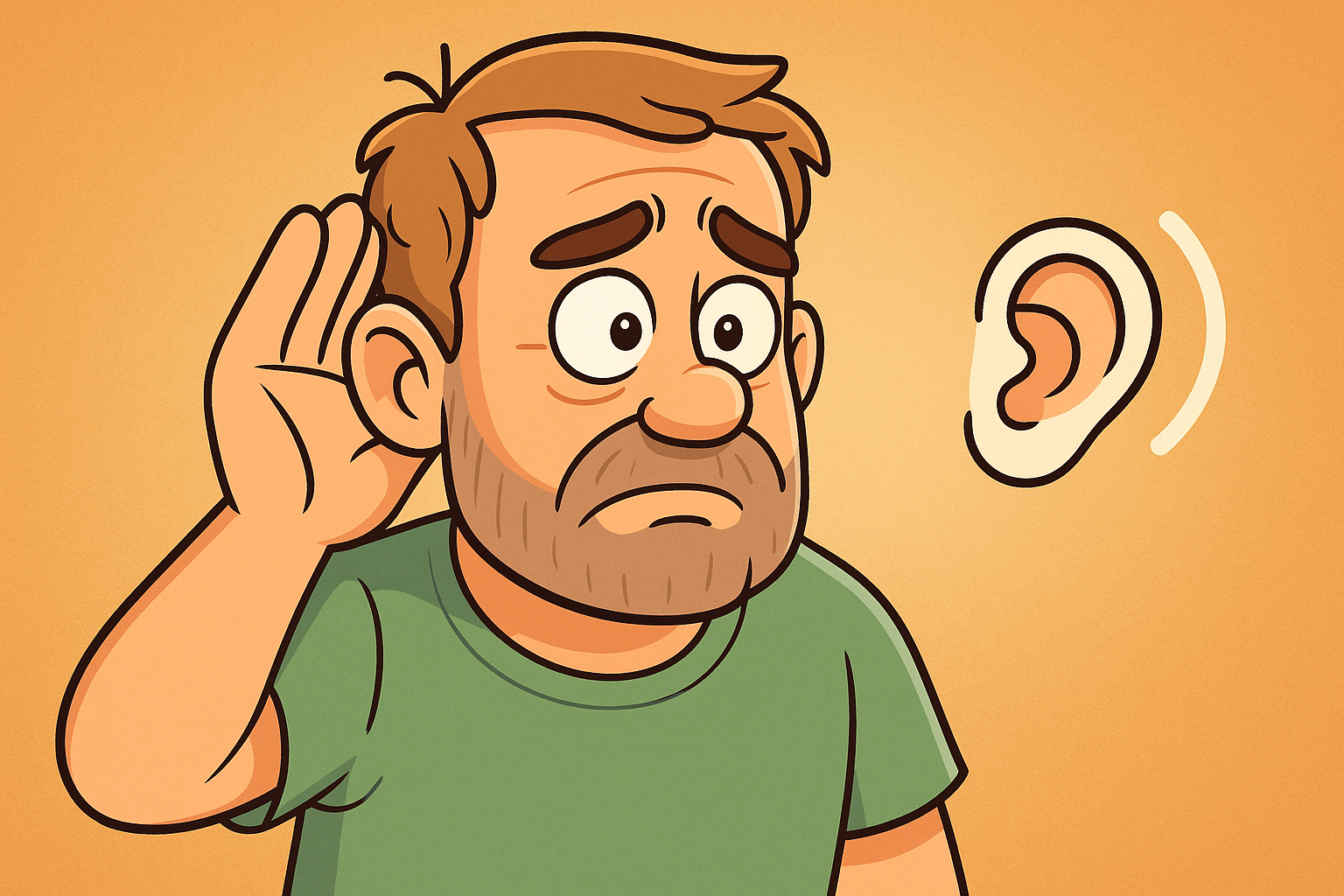You started Adderall to improve focus, energy, and productivity—only to notice your skin breaking out. Sound familiar? Many users experience unexpected acne flare-ups while on Adderall, leaving them wondering if the medication is to blame.
If you’re concerned about the connection between your prescription and your complexion, you’re not alone. In this article, we’ll explore whether Adderall can cause acne, how it might contribute to breakouts, and how to manage your skin while staying on track with your mental health treatment.
Can Adderall Cause Acne?
Yes, Adderall can cause or worsen acne in some individuals—but not everyone will experience this side effect. Although it’s not officially listed among common side effects, numerous users report breakouts after starting or increasing their dosage.
This link is usually indirect. Adderall can affect your hormones, hydration levels, stress response, and sleep—each of which plays a role in skin health. For acne-prone individuals, these factors may increase the likelihood of breakouts.
What Is Adderall and How Does It Work?
Adderall is a prescription stimulant that treats ADHD and narcolepsy. It contains amphetamine salts that increase levels of dopamine and norepinephrine in the brain, which improves attention, focus, and impulse control.
However, these neurological changes can come with side effects like decreased appetite, dehydration, anxiety, and disrupted sleep. All of these can influence skin health and trigger acne flare-ups.
How Adderall Might Contribute to Acne
Adderall doesn’t directly cause acne, but it can set off a chain reaction of effects that make breakouts more likely.
Hormonal Changes
Adderall can elevate stress hormones such as cortisol and may also increase testosterone. Both hormones are linked to excess oil production and inflammation—two key causes of acne.
Increased Stress or Anxiety
While Adderall sharpens focus, it may also heighten anxiety. Elevated stress levels lead to hormonal imbalances that stimulate oil glands and contribute to clogged pores.
Dry Skin and Oil Overcompensation
Adderall-induced dehydration can dry out your skin. In response, your body may produce more oil to compensate, which can result in clogged pores and acne.
Sleep Disruption
Insomnia or poor sleep is a common Adderall side effect. Lack of rest hampers your body’s ability to heal and regenerate skin, increasing inflammation and breakouts.
Nutritional Deficiencies
Adderall often suppresses appetite, leading to missed meals or poor nutrition. Deficiencies in skin-supporting nutrients like zinc, vitamin A, and essential fatty acids can weaken your skin barrier and worsen acne.
Who Is Most at Risk of Adderall-Related Acne?
You may be more likely to experience Adderall-related acne if you fall into any of these groups:
- Teens and young adults with naturally fluctuating hormones
- Individuals with a history of hormonal or stress-related acne
- Those on high or long-term doses of stimulant medication
- People with sensitive or already dry skin
- Anyone with inconsistent nutrition or skincare habits
Recognizing your risk can help you take early steps to minimize skin issues.
How to Tell If Adderall Is Causing Your Acne
Not all acne is caused by medication, so pattern recognition is key. Ask yourself:
- Did the acne appear or worsen shortly after starting Adderall?
- Are breakouts concentrated in hormonal areas like the jawline or cheeks?
- Have your sleep, diet, or stress levels changed?
If your acne aligns with changes in medication or lifestyle that coincide with Adderall use, it may be a contributing factor.
What to Do If Adderall Is Causing Acne
Balancing your mental health and skin health can be tricky, but there are several ways to manage both.
Talk to Your Doctor First
Do not stop taking Adderall without medical advice. Your doctor may adjust the dosage or explore alternative treatments if the acne is affecting your quality of life.
Stay Hydrated and Eat Well
Drink water consistently throughout the day. Fuel your skin with:
- Omega-3s (salmon, chia seeds, walnuts)
- Vitamin A (sweet potatoes, carrots, spinach)
- Zinc (pumpkin seeds, chickpeas, lentils)
These nutrients support healthy skin and reduce inflammation.
Upgrade Your Skincare Routine
A consistent, gentle routine is essential:
- Wash your face twice daily with a non-comedogenic cleanser
- Use acne-fighting ingredients like salicylic acid or benzoyl peroxide
- Moisturize daily—even oily skin needs hydration
- Avoid over-exfoliating or using harsh scrubs
Manage Stress and Improve Sleep
Incorporate calming habits like deep breathing, stretching, or journaling to reduce stress. Aim for at least 7–8 hours of quality sleep each night to allow your skin to recover.
Topical and Medical Acne Treatments to Consider
If breakouts persist despite lifestyle changes, consider professional treatments:
- Topical retinoids to reduce pore blockages and inflammation
- Topical antibiotics like clindamycin to kill acne-causing bacteria
- Oral antibiotics for moderate to severe breakouts
- Hormonal therapy (e.g., birth control pills, spironolactone) to regulate hormones
- Isotretinoin (Accutane) for stubborn or cystic acne
These treatments can typically be used alongside Adderall, but always inform your dermatologist about all medications you’re taking.
Is It Worth Switching Medications?
If acne becomes a major concern, it may be worth exploring non-stimulant alternatives to Adderall. Common options include:
- Strattera (atomoxetine)
- Intuniv (guanfacine)
- Kapvay (clonidine)
Your doctor can help you evaluate whether a medication change would benefit both your skin and your mental health.
Conclusion
So, can Adderall cause acne? Yes—particularly through its effects on hormones, hydration, sleep, and stress. While not everyone will experience breakouts, many do notice changes in their skin after starting the medication.
Thankfully, with the right skincare routine, good nutrition, and support from your healthcare providers, it’s possible to manage both your mental clarity and your complexion. You don’t have to sacrifice one for the other.
FAQs
Is acne a common side effect of Adderall?
Not officially, but many users report acne flare-ups due to secondary effects like stress, poor sleep, or dry skin.
Will acne go away if I stop taking Adderall?
It might, but this depends on your overall health and skincare routine. Consult your doctor before making changes.
Can I use acne treatments while on Adderall?
Yes. Most topical and oral treatments are safe, but consult a dermatologist for personalized recommendations.
Does Adderall cause oily or dry skin?
It typically causes dryness, which may lead to increased oil production and clogged pores.
What skincare ingredients should I avoid while on Adderall?
Avoid overly harsh, drying products. Use gentle, non-comedogenic, and hydrating formulas.









